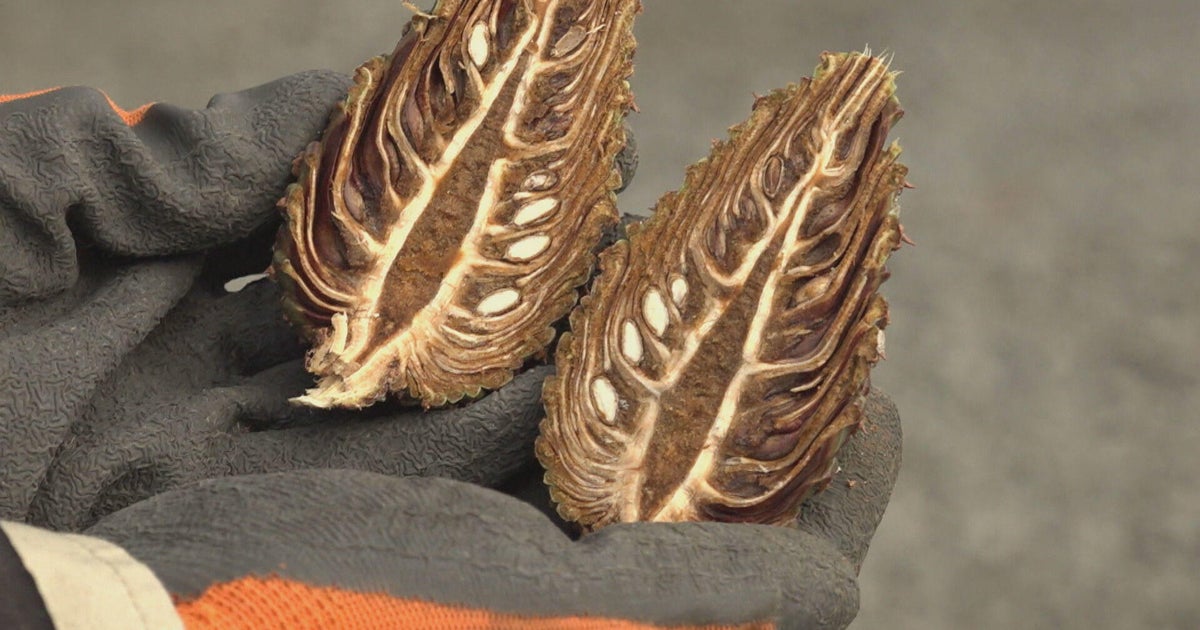Linda Ronstadt is her own worst critic despite Kennedy Center Honors
This weekend, the 42nd annual Kennedy Center Honors will recognize singer Linda Ronstadt as an American cultural icon. Ronstadt landed more than 30 songs on the Billboard Hot 100 during a career that lasted more than four decades. She earned 10 Grammys and an Emmy Award before Parkinson's disease took away her singing voice.
The Kennedy Center calls Ronstadt "the defining voice of a generation." With her voice and personality, she dominated American pop music in the 1970s.
She went on to sell more than 50 million records, leaping between genres and even languages. But as "CBS This Morning" co-host Tony Dokoupil discovered, you won't get far trying to explain all that success to her toughest critic: Herself.
"You go back now, and you listen to some of your old stuff to remember?" Dokoupil asked.
"I go, 'What was I thinking?'" Ronstadt said. "I'll think I'm a terrible singer and I never could sing. It'll ruin my week, maybe my month."
Even worse, Ronstadt said, is the thought of her music living forever online.
"It's terrifying," she said. "There are all those bad performances just to start with frozen in time, not plastic, not elastic, not growing, not building, not maturing, not learning, not improving."
All the money and magazine covers were just a byproduct, she said, of songs she simply had to perform for her own reasons.
"There'll be a line or two in the lyrics that I really relate to. And I think I have to sing that or I'm gonna die," Ronstadt said. "I have to or I'm just gonna die. I share the feeling. I share the sentiment. And it tells my own story."
Born and raised in Tucson, Ronstadt moved to Los Angeles in the early 1960s, where she established herself as a rare performer, the kind who didn't write her own songs, but owned the songs of others, through that singular voice.
"You could argue that you were co-author of every one of your hits. It's not a cover. It's a Linda Ronstadt song," Dokoupil said.
"I just interpreted it the best I could. And sometimes I did them justice. And sometimes I did them a great disservice," Ronstadt said.
But while Ronstadt is famously self-critical, there's no denying, she kept good company. Two members of her backup band, Glenn Frey and Don Henley, went on to form their own group, The Eagles. Ronstadt shared the stage with other stars in a career defined by change.
"I don't think anybody has tried more different styles and nailed it like Linda has," said singer Bonnie Raitt.
Ronstadt said "counting backwards" from the last record she made, she's covered "cajun music and Americana and standards." There's rhythm and blues covers, pop covers and classical. Even what she called a "traditional cowboy song."
But after decades of singing it all, Ronstadt noticed a change in her vocal cords.
"I'd tell them to do something and they wouldn't do it," she said.
The diagnosis in 2013 was Parkinson's disease.
"I miss singing with my family. I miss singing with my friends. Most of the music I sang wasn't in public. It was in the shower, in the car, driving, sitting on the sofa, working out. I sang all the time. And the best of it was the stuff that I did with my friends in the living room," Ronstadt said.
Now a Kennedy Center honoree, Ronstadt admits it's nice to see her work celebrated, even if she's not quite ready to celebrate herself.
"The only thing I can say about my career is that I wasn't very good when I started out. But I got a little better," she said.




